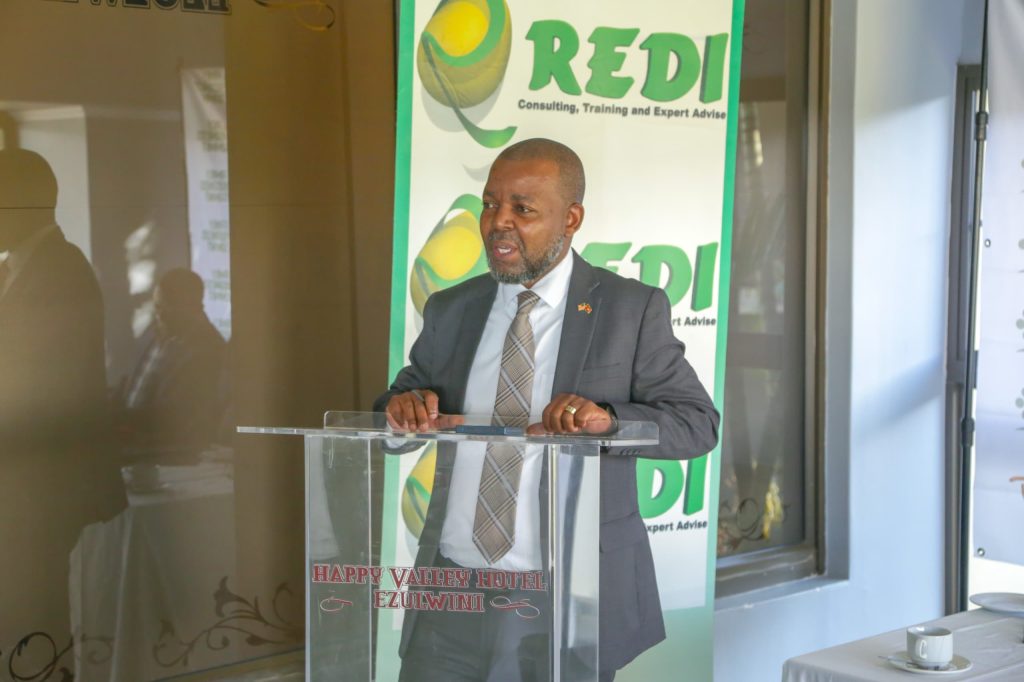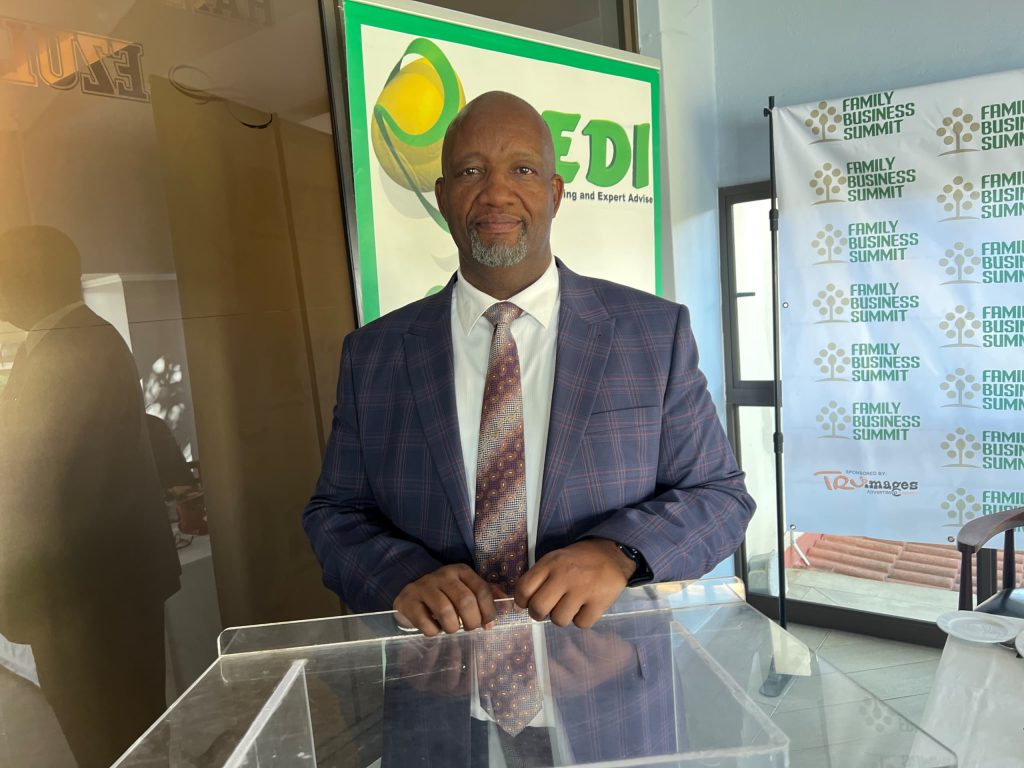
Eswatini is set to host the second edition of the highly anticipated Family Business Summit on 7 August 2025 at the Happy Valley Hotel, bringing together an influential network of local and international voices to highlight the importance, sustainability, and transformation of family-owned enterprises.
Organized by local consulting firm REDI, this year’s Summit will take place under the theme “Growing Legacies, Embracing Change,” building on the strong foundation laid by last year’s inaugural event, which was themed “Laying the Foundation for Unlocking Legacy and Intergenerational Wealth.”
The event provides a platform to equip family-owned businesses with governance tools and best practices to ensure long-term survival beyond the founding generation, a challenge many local businesses still face.
REDI has partnered with KPMG – Family Enterprises and Standard Bank Group, both of which offer extensive global and continental expertise in family business dynamics.
KPMG’s Alan Barr and Creagh Sudding, along with Dr. Manessah Alagbaoso from Standard Bank Group, are expected to headline the Summit with international insights. Additionally, REDI is collaborating with South Africa’s Sothaba Enterprises to strengthen regional ties.
The Summit will feature a panel of experienced local family business owners who will share their journeys, challenges, and strategies for continuity and growth. The event includes interactive discussions, panel sessions, and opportunities for one-on-one coaching, making it an invaluable event for any business aiming to future-proof its operations.
Speaking at the launch of the Summit at the Happy Valley Hotel, Mluleki Dlamini, Director of the Micro, Small and Medium Enterprises (MSME) Department under the Ministry of Commerce, Industry and Trade, highlighted the broader implications of the gathering.
He noted that the event would promote business-to-business and business-to-government engagement, especially important given the absence of a formal policy definition of “family business” in Eswatini.
“This engagement will help us begin to define family businesses in our national policy,” Dlamini said. “When we have that clarity, financing institutions and government alike can better support these enterprises. We also hope to better understand their impact on GDP through improved data collection.”
Family businesses are globally recognized for their long-term vision, resilience, and value-driven leadership. Unlike corporations focused on quarterly profits, these enterprises often prioritize sustainability and legacy, making them highly capable of withstanding economic fluctuations and adapting to change.
Worldwide, household names like Volkswagen (Germany), Samsung (Korea), Tata Group (India), and Walmart (USA) originate from family ownership. Regionally, Dangote Group, Pick n Pay, Remgro, and African Rainbow Minerals are leading examples. In Eswatini, prominent family-run enterprises include United Holdings, Monsoor Group, and the Thorne family, among many others.

The Summit will be officially opened by the Minister of Commerce, Trade and Industry, Manqoba Khumalo, indicating strong government support for this initiative and recognizing the role of family businesses in driving national development.
REDI Chief Executive and Director of the Family Business Summit, Dr. Sikhomba Gumbi, stressed the importance of nurturing businesses that can pass from one generation to the next: “This is more than an event, it’s a movement to change the narrative around local business succession and to embed the structures that allow our enterprises to grow, survive, and thrive across generations.”
All family-owned businesses in Eswatini, regardless of size or sector, are encouraged to attend the Summit. It offers a unique chance to learn from international leaders, connect with fellow entrepreneurs, and gain practical insights on positioning their businesses for intergenerational continuity.
